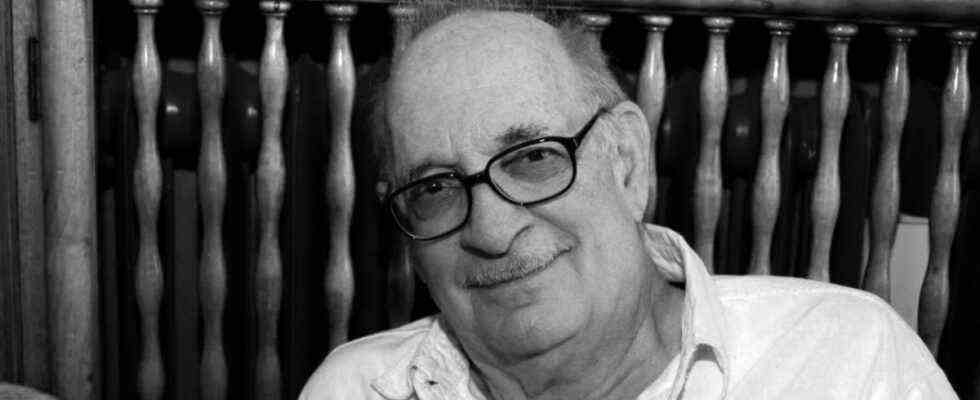The attack of the string quartet violin is ear-destroying wild, especially as it is electronically amplified. “Night of the Electronic Insects” is the name of the first of thirteen pieces that decorate the apocalypse with sounds in George Crumb’s legendary string quartet “Black Angels” from 1970. The 1970 apocalypse was the Vietnam War, which pop guitarist Jimi Hendrix engraved in Woodstock a year earlier in the unrestrainedly deconstructed “Star-Spangled Banner”, the American national anthem. But George Crumb wanted more than just an image of destruction and the end of the world.
Because Crumb, born October 24, 1929 in West Virginia, was always more than a composer. He was an interpreter of the world who combined everything in his music. The twenty-minute “Black Angels” not only contains avant-garde wildness and blackness, but also many quotes charged with sadness: a Renaissance Sarabande, John Dowland’s “Lachrymae”, Franz Schubert’s “Death and the Maiden”, Giuseppe Tartini’s Devil’s Trill Sonata , the “Dies Irae”. And the three-part journey into the abyss, “Departure – Absence – Return”, evokes Ludwig van Beethoven’s “Les Adieux” sonata.
But none of this sounds like postmodernism can do anything. Because Crumb encloses the quotations with his typical sound, which creates a catchy atmosphere through mysticism, closeness to nature, bell sounds, spirituality, politics and the visionary. This also applies to his sweeping “Star-Child”, a requiem for humanity that culminates in the rhythmic cascades of the trumpets of the apocalypse, but is music of consolation. Crumb often set the poet Federico García Lorca, who was murdered by Franco’s henchmen, to music, he was also inspired by the songs of the whales to “Vox Balaenae” and in “Quest” sent a guitar like a medieval hero on an adventure through the bizarre, mysterious and dangerous soundscapes. This innovative world seducer passed away on Sunday at the age of 92.

